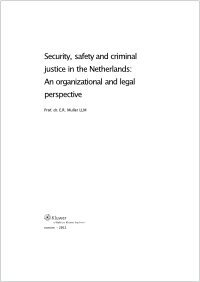UNITED STATES. WHITE HOUSE OFFICE
From the document: "Over the last 3 years, we have more than doubled our global health partnerships--working directly with 50 countries to ensure they can more effectively prevent, detect, and control outbreaks. And we are working with partners to support an additional 50 countries to save even more lives and minimize economic losses. With strong bipartisan support from Congress, we also championed the creation of the Pandemic Fund, a new international body that has already catalyzed $2 billion in financing from 27 contributors, including countries, foundations, and philanthropies, to build stronger global health security capabilities. We are working to make life-saving medicines and vaccines more rapidly available in health emergencies, including through supporting Gavi, the Vaccine Alliance and the Coalition for Epidemic Preparedness Innovations. And we are leading efforts to ensure international financial institutions, such as the World Bank Group, scale up lending for pandemic prevention, preparedness, and response because health security, economic security, climate security, and national security are all related. This new Global Health Security Strategy lays out the actions the United States will take over the next 5 years to ensure we continue this progress[.]"
United States. White House Office. APR, 2024. 64p.








